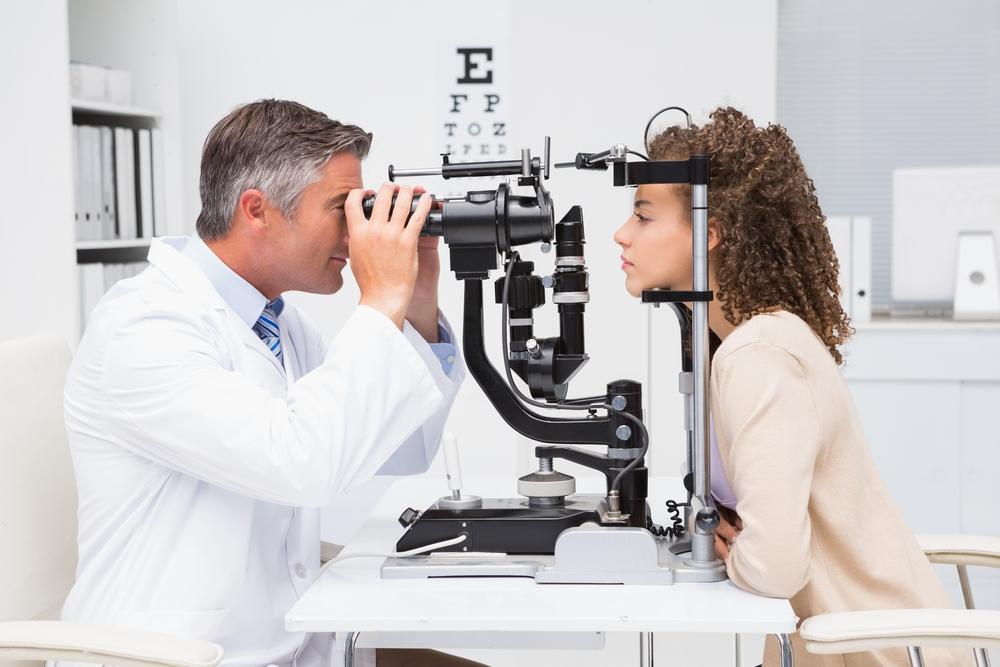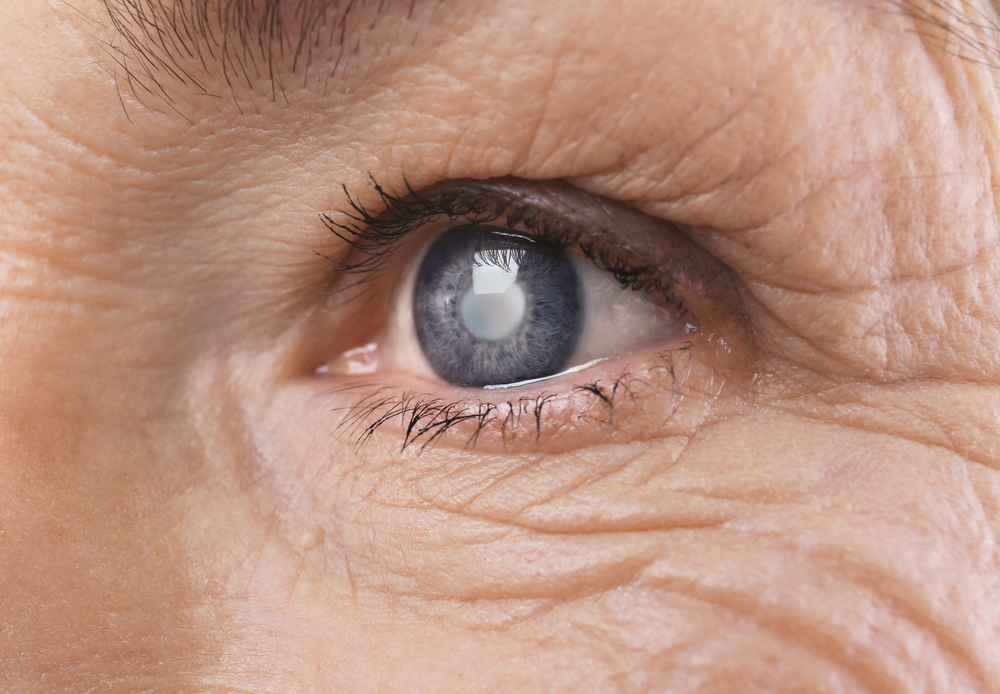Top 5 Strategies to Reduce Your Risk of Cataracts
Learn five effective strategies to reduce the risk of cataracts, including regular eye exams, quitting smoking, protecting against UV rays, limiting alcohol, and eating a nutrient-rich diet. These practical tips can help maintain healthy vision and delay cataract development, promoting long-term eye health.
Sponsored

Cataracts are a prevalent eye condition that often affects individuals over 40, causing the lens of the eye to become cloudy and impair vision. While not directly preventable, certain lifestyle choices can lower the likelihood of developing cataracts or delay their onset. Changes such as routine eye exams, avoiding harmful habits, protecting eyes from UV rays, and maintaining a nutrient-rich diet are recommended by eye health professionals. Implementing these practices can help maintain clearer vision and improve overall eye health.
Follow these essential tips to safeguard your eyesight:
Schedule regular eye checkups
After turning 40, routine eye examinations become vital for early detection of cataracts and other eye issues. Even in younger years, periodic visits help monitor eye health. Consult your doctor regarding suitable intervals for eye screenings.
Quit smoking
Smoking has been associated with increased risks of early-onset cataracts. Ceasing smoking can significantly reduce this risk. Seek support through counseling, medications, or alternative therapies if needed.
Limit alcohol intake
Excessive alcohol consumption may accelerate cataract development. Reducing alcohol intake minimizes this risk and promotes overall eye wellness.
Wear protective sunglasses
Ultraviolet rays from sunlight are a main contributor to cataracts. Always wear UV-protective sunglasses outdoors, regardless of weather conditions, to shield your eyes from harmful rays.
Maintain a nutritious diet
Consuming a balanced diet rich in antioxidants, especially colorful fruits and vegetables, supports eye health and could prevent cataracts.
By adopting these proactive habits, you can help prevent or slow down the progression of cataracts, ensuring better vision health for years to come.






